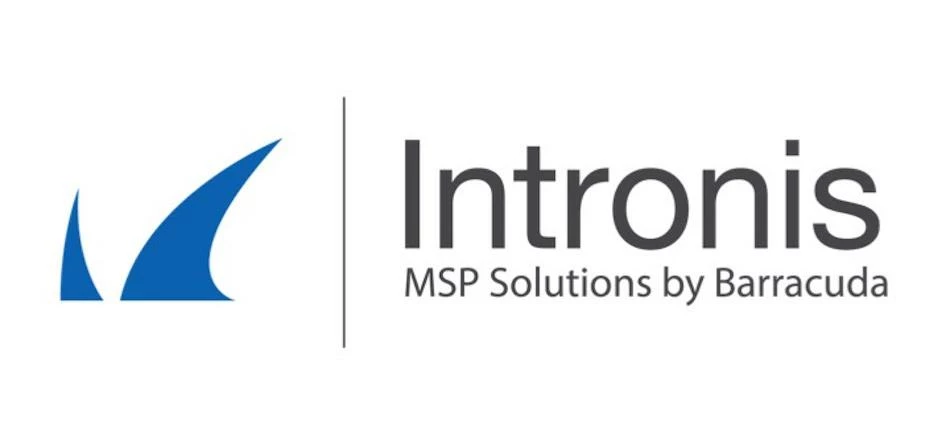
Partner Article
Archive or Backup – now that’s the question!
By Jason Howells, EMEA Director, MSP Solutions at Barracuda Networks
It’s easy to confuse archiving with backup – and no wonder. Both activities broadly relate to data protection, but serve two very different purposes. Which is why, before deciding which approach to take, your first step should be to figure out exactly what’s required and why. In other words, what’s the use case?
Evaluating the use case
Archiving primarily relates to compliance, governance and security. For example, if your organisation operates in a highly regulated sector like banking or healthcare, then it will be required to maintain historical records for a specified amount of time. Typically, this is referred to as compliance archiving.
But there are other scenarios that may call for the long-term retention – or archiving – of data. Potential disputes between a company and an employee, lawsuits and other investigations will necessitate the search of company emails or electronic files for evidence. The term for this process is eDiscovery.
Backup, however, is a safeguard that is used to enable business continuity and disaster recovery. Typically, a disaster recovery strategy will be designed to enable an organisation to restore operations in the event of a site-wide data loss. Business continuity strategies, on the other hand, seek to maximise business process availability.
To serve these respective use cases, archiving solutions will need to enable long-term data retention. Backup, on the other hand, is all about enabling quick recovery. But it’s important to remember that the definition of ‘recovery’ has a different meaning in archiving and backup situations.
Appraising recovery requirements
In archiving scenarios, recovery is all about rapidly identifying specific data – like emails, files, database values or streaming media – and marking it for retrieval. If your company operates in a sector that requires you to retain over a decade’s worth of archive material, that means you’ll need to employ an archiving solution that offers search and retrieval capabilities powerful enough to ‘crunch’ through massive quantities of data. To speed up this process, archiving technologies will capture and store metadata such as time, date, sender and receiver for emails, in addition to the raw data.
When it comes to backup recovery, however, the aim of the ‘recovery’ game is to get your organisation up and running as soon as possible following an outage or crisis. To achieve this objective, today’s backup technologies feature a variety of specialised approaches designed to minimise downtime; these include image-based, application-native and hypervisor-native backup solutions. Finally, if you’re backing up fast-changing data like online transaction processes, then the ability to back-up at frequent efforts will be mission critical.
It’s worth keeping in mind that while performance metrics like Recovery Time Objective (RTO) for recovery speed and Recovery Point Objective (RPO) for backup frequency are vital for backup, these will be largely irrelevant for archiving.
Storage considerations
All these differences have clear implications when it comes to storage requirements.
Archiving strategies will look to save everything – or a protected copy of everything – for the long term. That means dealing with large volumes of archives such as email, imaging data and so forth. What’s more, archived files are typically maintained ‘as is’ and are not alterable. As far as compliance and eDiscovery are concerned, data archived years ago will be just as important as data archived hours ago.
Backup data, however, tends to be captured on a point-in-time basis. Typically, the most recent backup data will be the most valuable for restoring an organisation’s IT operations.
So, when looking to determine whether you need to backup or archive, ask yourself the following questions:
What kind of data are we looking to protect? What situations and scenarios are we looking to protect against? Do we need the data we store to be easily searchable?
This should help you determine the appropriate use case for each data storage requirement and identify whether an archiving or a backup solution will be the most appropriate for your needs.
This was posted in Bdaily's Members' News section by Barracuda MSP Solutions .








 When will our regional economy grow?
When will our regional economy grow?
 Creating a thriving North East construction sector
Creating a thriving North East construction sector
 Why investors are still backing the North East
Why investors are still backing the North East
 Time to stop risking Britain’s family businesses
Time to stop risking Britain’s family businesses
 A year of growth, collaboration and impact
A year of growth, collaboration and impact
 2000 reasons for North East business positivity
2000 reasons for North East business positivity
 How to make your growth strategy deliver in 2026
How to make your growth strategy deliver in 2026
 Powering a new wave of regional screen indies
Powering a new wave of regional screen indies
 A new year and a new outlook for property scene
A new year and a new outlook for property scene
 Zero per cent - but maximum brand exposure
Zero per cent - but maximum brand exposure
 We don’t talk about money stress enough
We don’t talk about money stress enough
 A year of resilience, growth and collaboration
A year of resilience, growth and collaboration